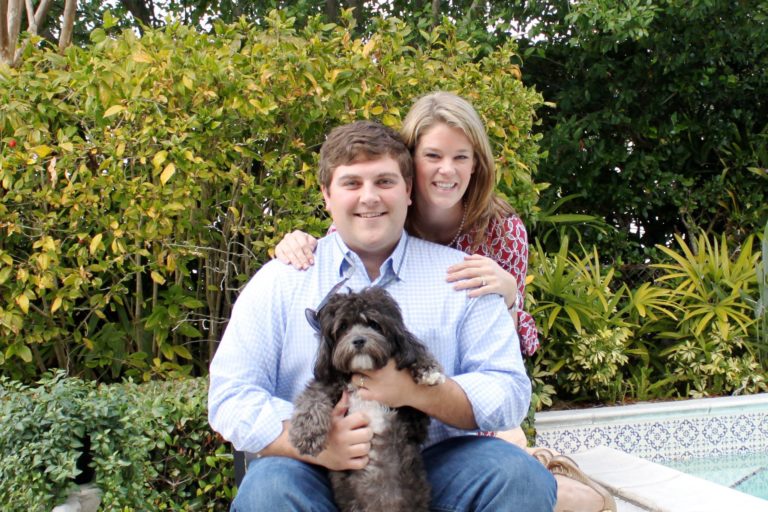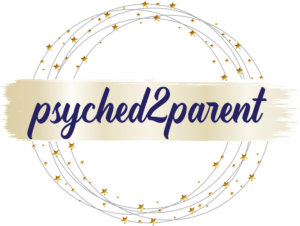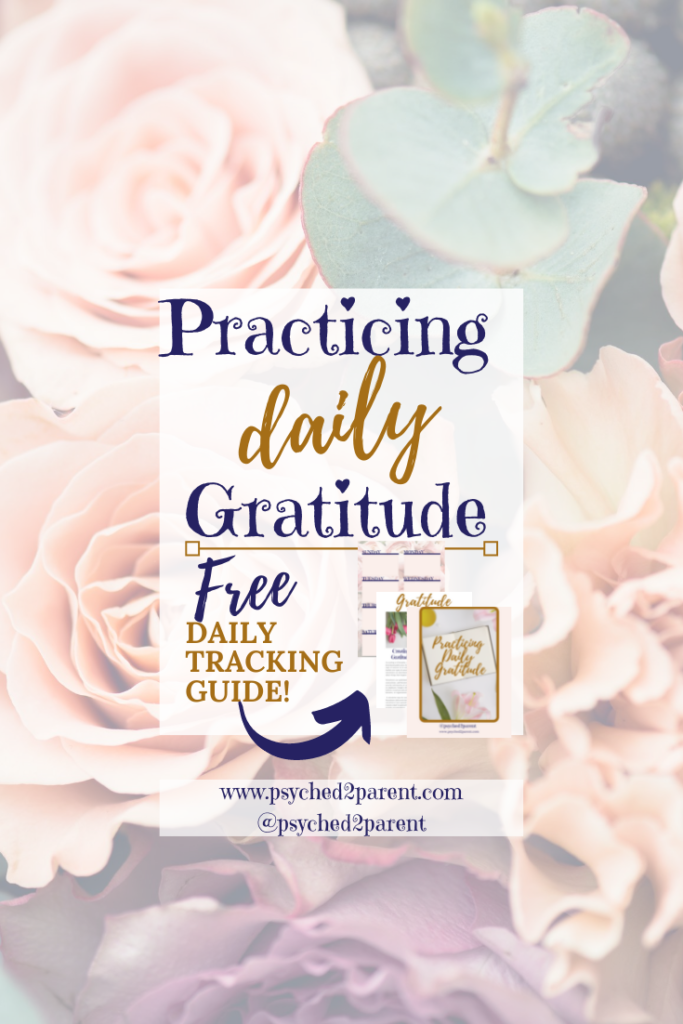Often times, when I meet with families in the private practice setting, I am asked the following question: “what is the best thing that I (or we) can do for our child(ren)?” My response when I hear this question is always the same, “The best thing that you can do for your child(ren) is love your partner and support him or her as a parent.” Really, I am encouraging parents to engage in coparenting. Research defines coparenting as how well parents work together when raising their child.This includes being supportive of one another and their parenting practices.
I recently read an article by Le, Fredman, McDaniel, Laurenceau, & Feinberg (2018). You can learn more about the study here: research abstract.
This study looked at 141 dyads of parents in the first year of having a child. Study participants were asked to complete eight days of consecutive daily diaries. The researchers wanted to examine the coparenting relationship from a day-to-day perspective. Specifically, they wanted to see how parents reported on feelings of closeness and coparenting.
There were several interesting findings from the study. First, there was a carryover effect from one day to the next for both mothers and fathers. Specifically, if a parent felt close to his or her partner one day, this significantly predicted that the parent would perceive his or her partner to be more supportive of their coparenting skills the following day. Likewise, this was seen when one parent felt supported in his or her coparenting, this significantly predicted that the individual would feel closer to his or her partner the next day.
Y’all—how cool is this? When you’re a parent, if you feel supported in your coparenting skills by your partner, there is a higher likelihood that you will feel a stronger sense of closeness with your partner and vice versa.
Basically, when one partner perceives that his or her partner is engaging in more support one day, they tend to feel closer to that partner the next day. Likewise, when one partner feels closer to his or her partner, there is a higher likelihood that they will experience more coparenting support the next day. This creates what the researchers call a “virtuous cycle operating from one day to the next early in the coparenting relationship.”
I was on a business trip last week on Thursday and Friday. On Thursday afternoon, the Hubs called me and asked me if it would be “ok” for him to go to a hockey game with some of his work colleagues. He wasn’t sure how I would feel about him not being home with Bro-Yo and Sister. My response was, “yes, of course! You just need to check with Baba (our family nanny).” His plans worked out and he went to the game and had a great time. The following day, I drove home from South Florida and arrived home around 9:30pm—I was tired, hungry, and drained from the travel. I was blown away, because, when I walked in the door, the house was clean (mad props to the Hubs) and Hubs made a 5 
As we were talking over dinner, Hubs shared with me that he enjoyed being able to have a night out and, when he came home from work, he didn’t feel exhausted from the day. He wanted to make a nice dinner and tidy up around the house…he knew that this would mean a lot to me and it totally did. I think I lost track of how many times I said “thank you” to him.
This past weekend, we fell into a “virtuous cycle.” I felt close to him and, resultantly, we coparented well together.
How would you describe your relationship with your partner? Are you in a “virtuous cycle?”

Me and the Hubs circa 2011 when we only had one fur baby.




